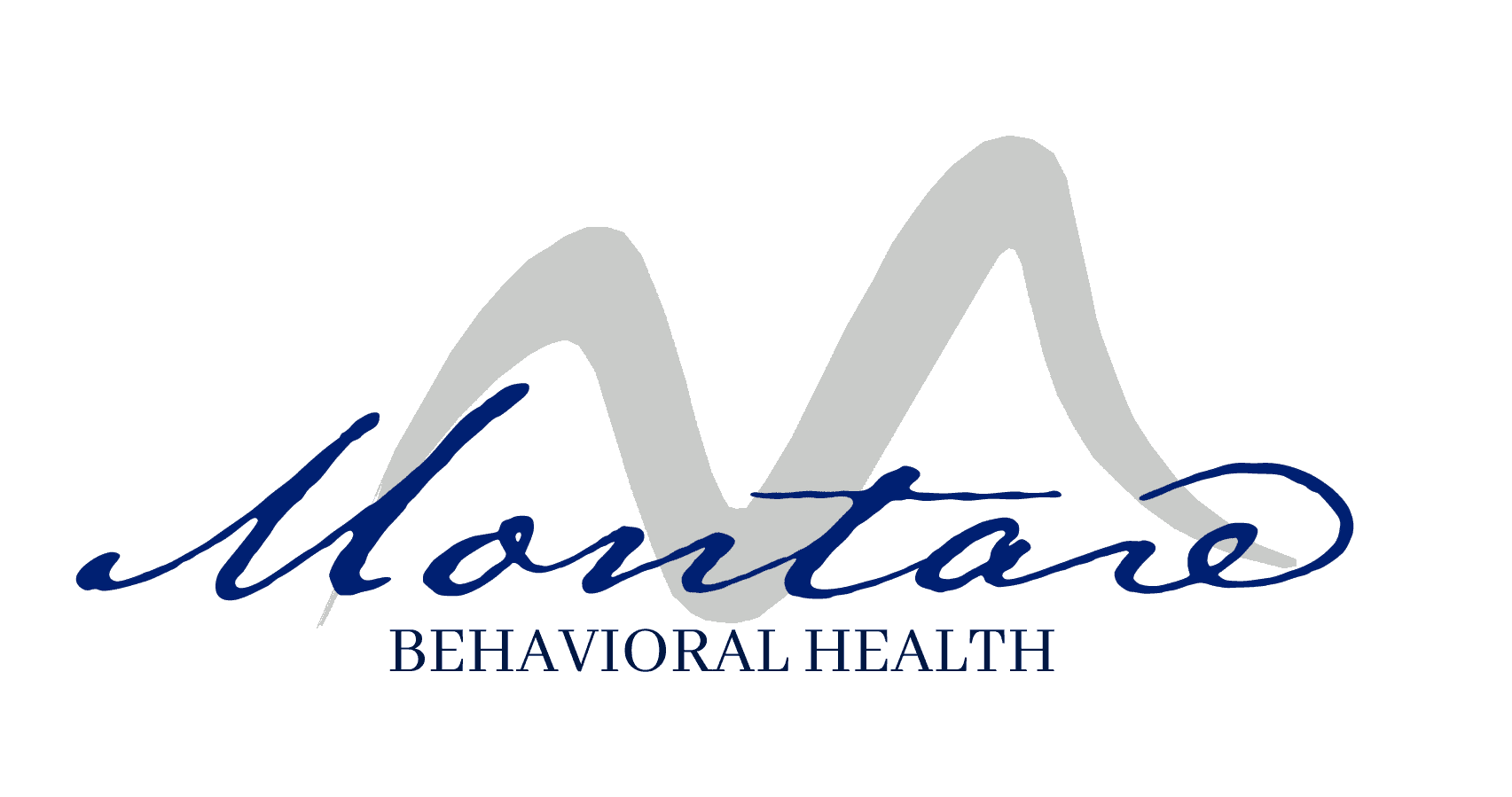There are a few essential distinctions between panic attack vs. anxiety attack. If you or someone that you care about struggle with either panic attacks or anxiety attacks, being able to recognize these differences can be extremely important.
The words panic and anxiety are closely related. In fact, in the fifth edition of the Diagnostic and Statistical Manual of Mental Disorders (DSM-5), panic disorder is classified as a type of anxiety disorder.
Symptoms of a Panic Attack?
To clarify the difference between panic attack vs. anxiety attack, let’s start by taking a closer look at the symptoms of each experience.
First, the following are common symptoms of a panic attack:
- Racing heart rate
- Chest pain
- Hot flashes and/or chills
- Heavy perspiration
- Dry mouth
- Feeling dizzy or lightheaded
- Inability to catch your breath, or feeling like you’re being choked
- Tingling in your hands and feet
- Trembling
- Dissociation (or feeling like you have become detached from yourself or your surroundings)
- Thinking that you’re having a heart attack
- Intense fear that you are about to die
When you are in the middle of a panic attack, it can feel like the symptoms you are experiencing will never end. In truth, though, most panic attacks are over within five to 10 minutes.
Symptoms of an Anxiety Attack?
If you have an anxiety attack, you may develop the following types of symptoms:
- Shortness of breath or rapid breathing
- Elevated heart rate
- Difficulty focusing or concentrating
- Stomach ache
- Persistent, intense worry
- Agitation and irritability
- Nervousness or restlessness
- Trouble sleeping
Though the word “attack” implies that these symptoms are intense but relatively brief, the symptoms of anxiety can persist for days or even weeks at a time. During this period, the severity of the symptoms may wax and wane, but there may only be few moments when they fully dissipate.
What’s the Difference Between a Panic Attack vs an Anxiety Attack?
One difference between panic attack vs. anxiety attack that we’ve already mentioned is time. Panic attacks are typically brief, with most lasting no more than 10 minutes. Anxiety attacks, on the other hand, can continue for several days.
Another difference between panic attack vs. anxiety attack is the nature and severity of the symptoms you may experience. Some symptoms – such as changes in heart rate and respiration, as well as a sense of fear or foreboding – are common among both disorders. But even these similar symptoms aren’t identical.
In general, the fear that is associated with a panic attack may be much more intense and immediate than what you would feel during an anxiety attack. For example:
- When you are struggling with strong anxiety-related symptoms, you may believe that something bad could happen very soon.
- When you’re in the middle of a panic attack, you believe that something bad is happening right this moment – and the “bad thing” that is happening is that you’re having a heart attack or experiencing some other type of potentially fatal medical condition.
Also, and this is somewhat subtle, but the relationship between physical and psychological symptoms can be a bit different in a panic attack vs. an anxiety attack.
- Panic attacks are characterized by the sudden onset of intense physical symptoms that can appear at any time, with no warning or apparent cause. The distress of these physical sensations can cause you to develop powerful fear or worry about what’s happening to you.
- During an anxiety attack, you might be extremely worried about a current or upcoming event, or you may have a sense of general unease that isn’t related to a specific occurrence. In any case, the physical pain you experience may derives from your fear or worry. This is the opposite of what happens during a panic attack.
Causes
Panic attacks are typically (but not always) caused by panic disorder. Anxiety attacks can be related to several disorders, including:
- Generalized anxiety disorder
- Social phobia
- Separation anxiety disorder
- Agoraphobia
- Specific phobia
The following factors can increase a person’s risk for developing one of these disorders:
- Personal history of untreated trauma
- Personal or family history of mental illness
- Exposure to significant stress or pressure
- Insufficient stress-management skills
- Experiencing a significant change in your life
- Having certain personality characteristics
What to Do When You Experience a Panic or Anxiety Attack?
When you find yourself in the middle of a panic attack or anxiety attack, here are a few tips that may help to ease your symptoms:
- Focus on your breathing. Inhale deeply, pause, and exhale slowly.
- Find a comfortable place where you can sit down.
- Tell someone what’s happening. Acknowledging (and verbalizing) that you’re having a panic attack or anxiety attack can prevent you from becoming overwhelmed by your symptoms.
- Pay attention to your surroundings. Identify things that you can see, hear, touch, smell, and taste. This can bring you back into the present.
- Remind yourself that, no matter what you are currently feeling, this episode is temporary.
Treatment Options for Panic and Anxiety Attacks
Treatment for someone who has panic attacks or anxiety attacks may include both medication and therapy.
Certain prescription medications can ease the symptoms of some anxiety disorders. Benzodiazepines are often prescribed to people who experience significant anxiety.
Therapy can help you manage the symptoms you have been experiencing. During therapy, you can learn how to respond to stresses, pressures, or situations that may trigger panic or anxiety.
Therapy can also be an ideal forum for learning how to remain calm and present during a panic attack or an anxiety attack.
Contact Our Mental Health Treatment Center at Montare of Tucson
Montare Behavioral Health of Tucson provides an array of personalized mental health treatment services for adults who have been experiencing panic attacks, anxiety attacks, and symptoms of other mental health disorders. Our center is a safe place where you can receive customized care from a team of skilled professionals. Contact us today to learn more.


